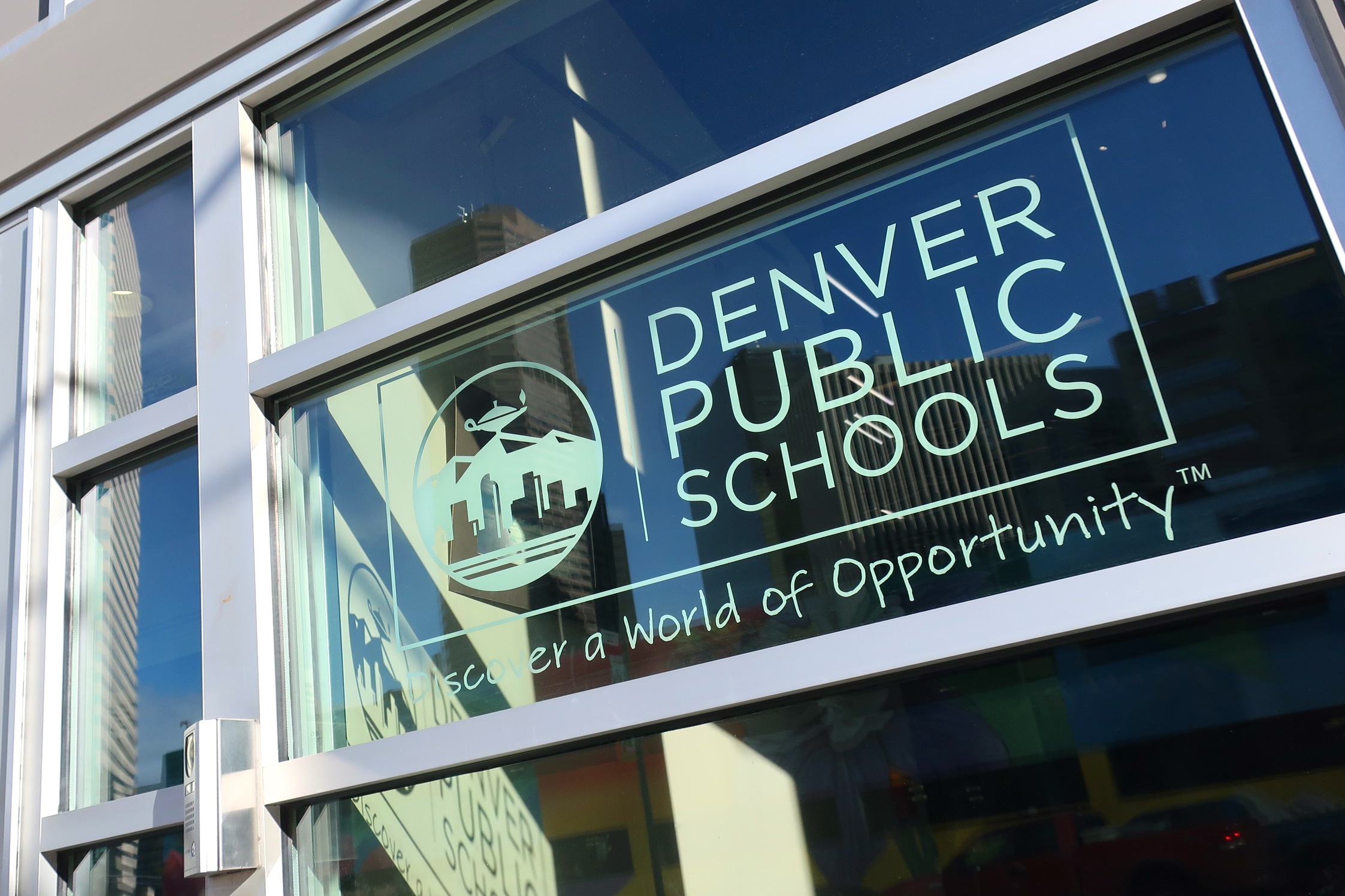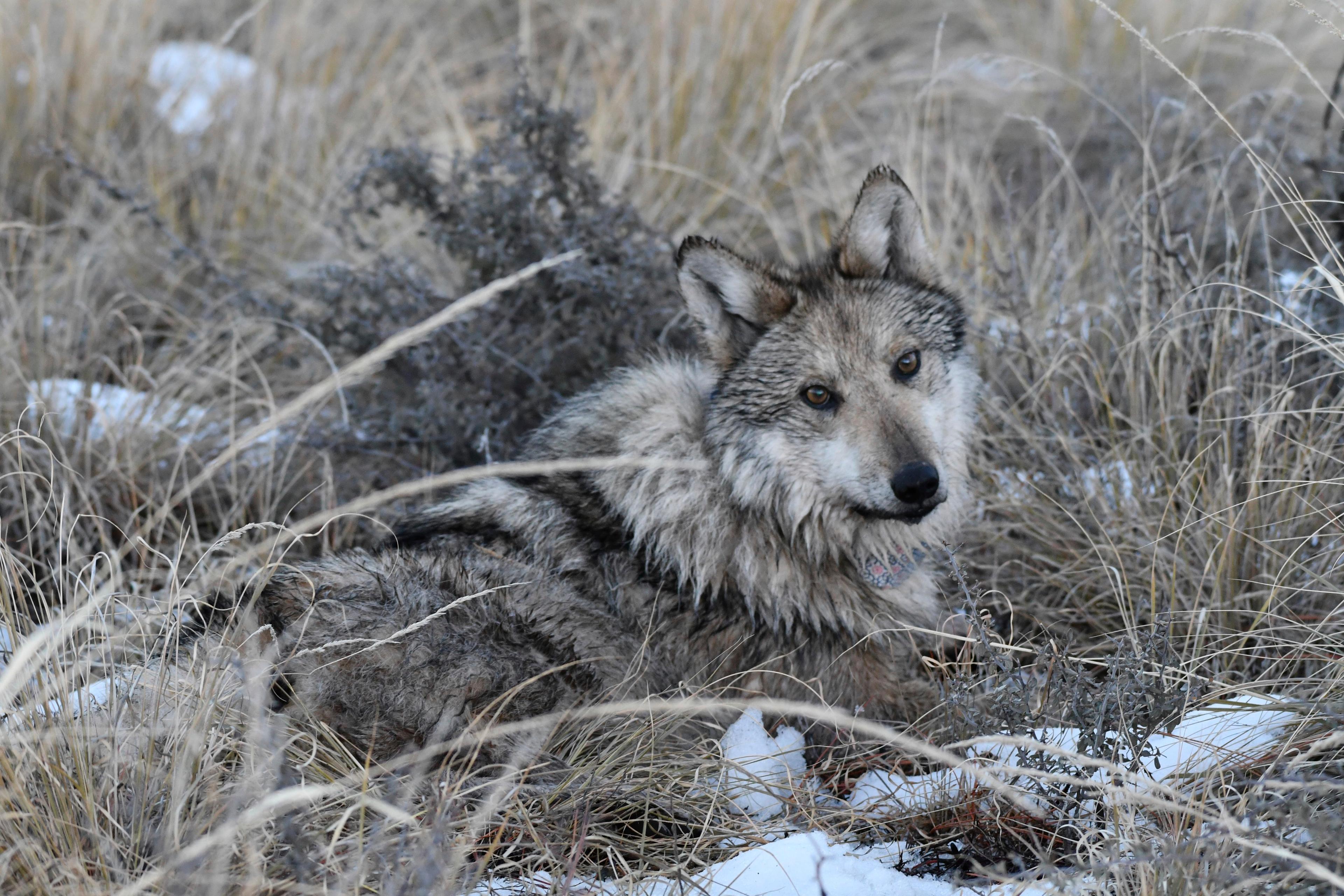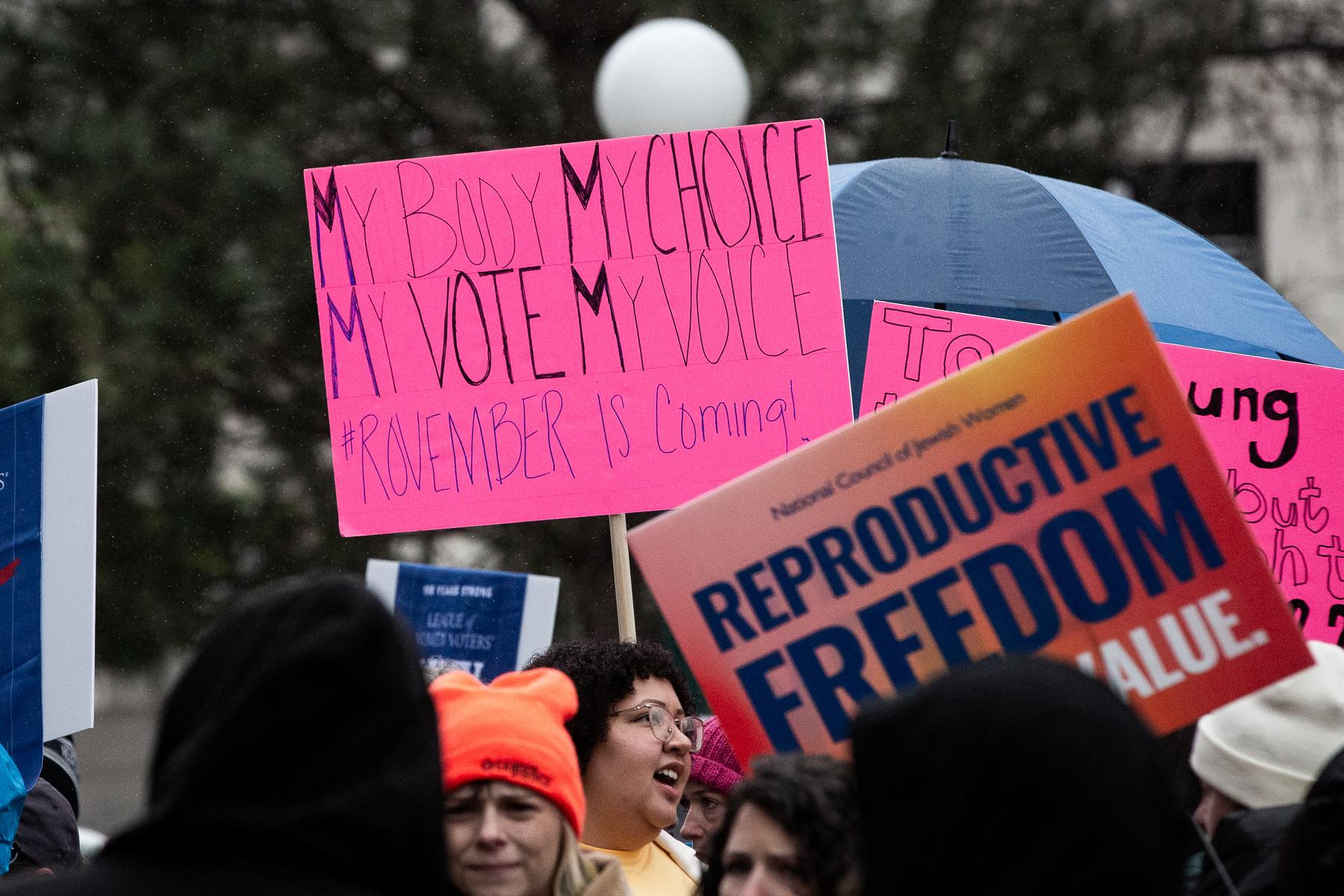Last year the nation was shocked when a 9-year-old Colorado boy took his own life. A recent report says youth suicide is a public health crisis in Colorado and the numbers in the Mountain West as a whole are staggering, with some of the highest rates in the nation. At the same time, there’s a significant shortage of mental health professionals -- at crisis levels in some communities. Often, it’s mental health workers in schools who work on the front lines of this crisis.
Debbie Sell is a social worker who splits her time between two high schools in El Paso County, Colorado.
She likes to keep her door open. And, students pop in.
One student who visited her on a January morning was a sophomore who’s a regular in this office. She told Sell she recently got a job outside of school.
Sell encouraged her and made sure she had a plan for transportation and a way to keep up with her homework. Sell also reminded the student if she’s ever in an urgent situation, she can leave a note and Sell will make sure she sees her before the day is over.
More often than not, this is what Sell offers -- a listening ear for students to talk to about their lives – the good and the bad. She said it’s simple everyday rapport-building like this that helps prevent students on the edge from slipping through the cracks.
“One of the things that the community, and I think, most parents don't understand,” said Sell, “is that we really do work with kids everyday who are thinking about hurting themselves.”

A recent medical study showed at least half of parents whose kids had considered suicide had no idea.
A few years ago, El Paso County drew national attention when a cluster of youth suicides shocked the community: 37 in the space of just two years. The numbers haven’t gotten much better.
As a school mental health professional, Sell is trained to catch the signs of a child in crisis. But here’s the problem: she’s stretched thin, covering two campuses and roughly 2000 students. Sell does work with a team of eight licensed counselors and two psychologists, But she’s the only one dedicated to mental health full-time at these two schools.
In the last four years, three children took their lives at the schools Sell serves. “I'd never met the students,” said Sell. “And so I feel that that's one of the most challenging things for me, is what if I were available more? What if I could have met with them?”
It gets to the crux of one solution experts often recommend for youth suicide epidemics -- to get more trained mental health professionals into schools, people like Sell.
“But overwhelmingly,” Sell said, “the need for funding is huge -- funding for education training to just recognize signs and know what to do when something happens.”

In 2016, 75 percent of public schools nationwide reported inadequate funding for mental health personnel and resources.
“A lot of students out there who are struggling are not getting seen because we just we're dealing with other things or we just aren't in the building at the right time,” said Sell.
So, Sell does what she can with the time and resources she has. Her office is colorfully decorated and many of the images on her walls are tools she uses to work with students. She pointed to a photocopied cartoon of an iceberg. The tip is labeled with the word “angry.” And below the surface were words like “grief,” “shame,” and “pressure.”
“A lot of times we'll have students who are experiencing anger,” said Sell, “but really there's a lot of either disappointment underneath it or maybe they're frustrated or worried. So we talk about that a lot with emotions because even the older students sometimes don't have a lot of words to express how they're feeling.”

It’s a high-achieving academic environment and Sell said social media can exacerbate the need to fit in.
“A lot of students just have a hard time with the pressure and expectations and they end up having breakdowns because of that,” she said.
But Sell is happy that teachers and administrators have stepped up to be eyes and ears and trusted adults for students to connect to. She said this is a clear sign of the work the community has done since the recent cluster of student suicides.
“The community did come together and we've started to provide more education on what are those warning signs and risk factors,” said Sell. “And I think because we've done more education with students and teachers and community, more things are being recognized and people are coming forward more often.”
The schools have also integrated evidence-based suicide prevention programs, like Sources of Strength, into their communities. It’s a peer support network that trains and encourages young people to be there for one another.

Another student popped his head into Sell’s doorway. He was one of her regulars too and she knew he loved chocolate, so she offered him a piece from the jar on her desk. Then she asked him if he was doing OK.
Sell said sometimes helping her students is something as simple as making sure they have enough food to eat in the day or even shoes to wear. Those problems can be much easier to spot. It’s the hidden issues that are harder, especially for someone keeping an eye on two thousand teens.
If you or someone you know is in crisis and needs help, call the National Suicide Prevention Lifeline at 1-800-273-TALK (1-800-273-8255).
This story was produced by the Mountain West News Bureau, a collaboration between Wyoming Public Media, Boise State Public Radio in Idaho, KUER in Salt Lake City and KRCC and KUNC in Colorado.









